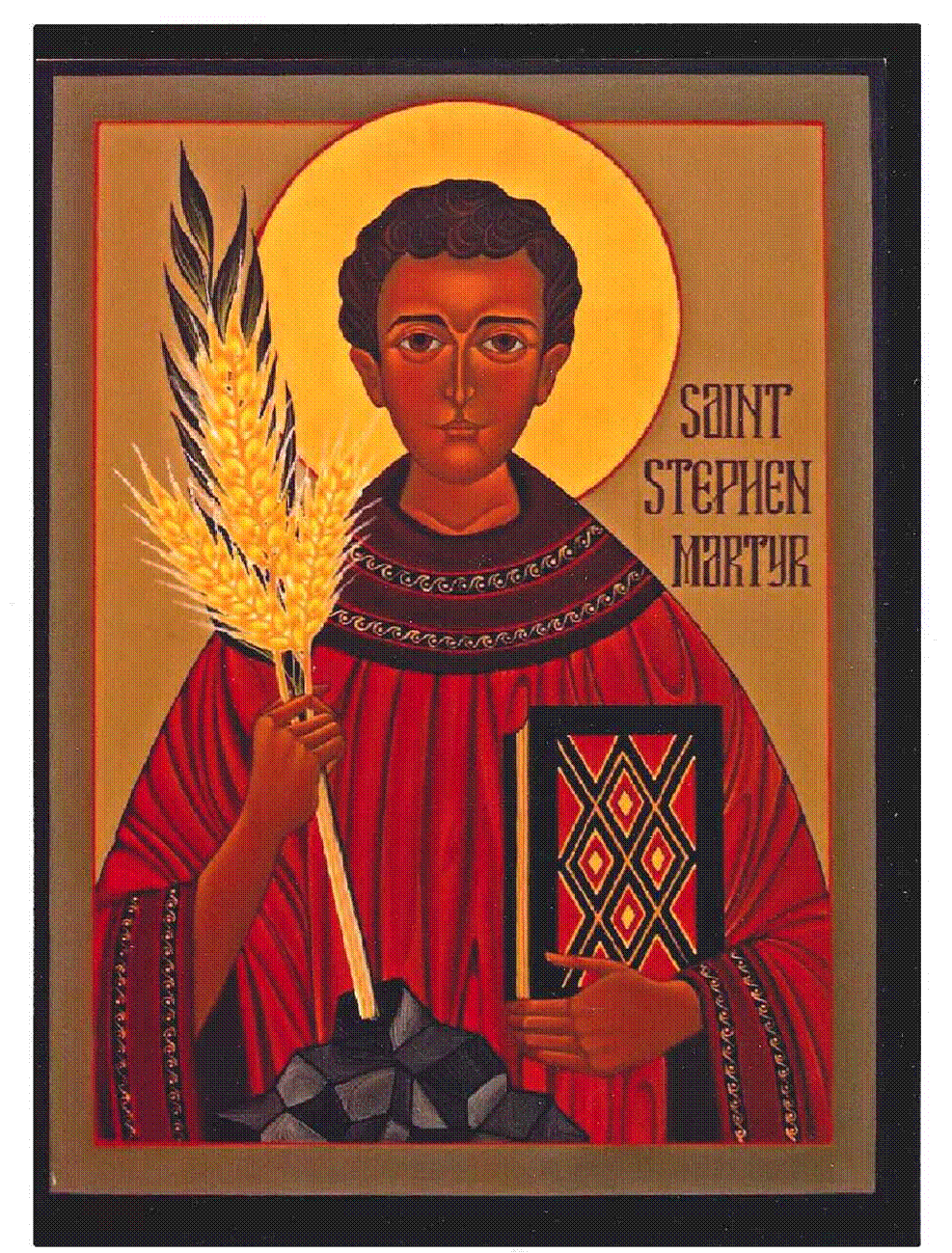Bishop Gohl's Christmas Message
- The Rev. Mark Walters
- Dec 17, 2024
- 3 min read

It all arose out of a conversation, conversation within God, in fact the conversation was God. So, God started the discussion, and everything came out of this, and nothing happened without consultation. This was the life, life that was the light of all, shining in the darkness, a darkness which neither understood nor quenched its creativity. John, a man sent by God, came to remind people about the nature of the light so that they would observe. He was not the subject under discussion, but the bearer of an invitation to join in. The subject of the conversation, the original light, came into the world, the world that had arisen out of his willingness to converse. He fleshed out the words but the world did not understand. He came to those who knew the language, but they did not respond. Those who did became a new creation (his children), they read the signs and responded. These children were born out of sharing in the creative activity of God. They heard the conversation still going on, here, now, and took part, discovering a new way of being people. To be invited to share in a conversation about the nature of life, was for them, a glorious opportunity not to be missed.
Erasmus (1466-1536) a reformer within the Roman Catholic Church, was an editor of the Latin Vulgate Bible; his translation of the Gospel of John, translates the word logos not as “word” but “conversation.” In the beginning was the Word is rendered it all arose out of a conversation. While I am not convinced of the literalness of Erasmus’ translation, these last months, I have been fascinated by it.
It all arose out of a conversation, a conversation within God, in fact the conversation was God. Godly conversation is a practice that I wonder if we might reconsider and return to during these holy days and the new year ahead.
Godly conversation refers to a commitment to speak in ways that reflect the character of God. Godly conversation is conducted with kindness, respect, truthfulness, and the intention to build others up, avoiding negativity, anger, and harmful gossip, while actively listening and seeking to understand the other person's perspective; essentially, using your words to honor God in your interactions with others.
In the aftermath of a year where we have not been our best selves, when we have given in to ad hominem attacks on the other, in a time when racist tropes have been normalized, among a people who have settled for “truthiness” over real truth, when we invest everyone’s opinions with the power of gospel truth – whether it’s based in reality or not; Godly conversation would be a return to centering ourselves in Christ, the truth that makes us free.
There are some things we surely can’t “agree to disagree” about – our baptismal covenant spells that out clearly: living among God's faithful people; hearing the word of God and share in the Lord's Supper; proclaiming the good news of God in Christ through word and deed; serving all people following the example of Jesus; and striving for justice and peace in all the earth. Still, when we recognize the indelible image of God in one another, Erasmus’ rendering of John’s Christmas Gospel fairly leaps off of the page: These children were born out of sharing in the creative activity of God. They heard the conversation still going on, here, now, and took part, discovering a new way of being people.
The Christmas gospel calls us to Godly conversation, modeling our abiding hope in Christ, discovering a new way of being God’s people for the living of these days, a glorious opportunity not to be missed.
With my love and prayers,
The Rev. William (Bill) Gohl Jr., Bishop































Comments